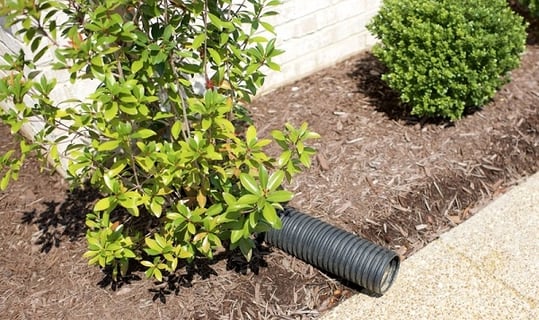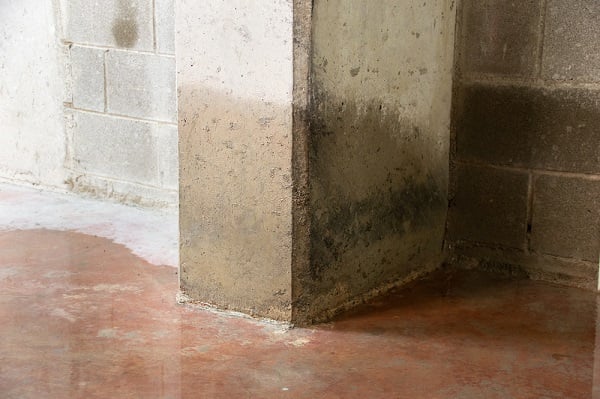
Water is one of the biggest threats to your home. It's also a top cause for home insurance claims. Homeowners insurance can cover some water damage from things like burst pipes, appliance failures, accidental leaks, and storm damage. However, standard home insurance does not typically cover regional flooding to homes and basements from weather events like hurricanes unless you have special coverage. These events call for a separate policy. Water damage due to a lack of maintenance is not covered either. The average expense for basement flood remediation ranges from $3,000 to $10,000, but more substantial flood restoration can cost upwards of $25,000: a good reason to learn how to prevent basement flooding!
Why do home basements flood?
Basements are notoriously problematic for water problems because they are built below grade. Add in various reasons inside and out. From the inside, problems like foundation cracks, improper sealing, plumbing leaks, faulty sump pumps, and even door and window leaks can cause basement flooding. Poor grading around your home and failures of your gutter system or perimeter drainage can result in flooding risks originating from outside your home.
We've seen some crazy home insurance claims, so we know a thing or two about protecting Virginia basements from water damage. While the causes and the cost of recovery can sound overwhelming, the right measures can prevent 93% of water damage incidents.
Tips to prevent basement flooding
1. Maintain your gutters and downspout extenders.
We can not emphasize enough how important this is. Your gutter system has a big job. You want to ensure your gutters are fully functional and nothing is clogging them. Schedule a professional cleaning and inspection annually. Make sure your downspouts are connected to extenders so that rainwater is directed well away from your home's foundation.
Window wells and English walkouts are common water leak sources if they are not installed with a drainage system and proper sealing. Drains can also get easily clogged with leaves and other debris, causing water to pool and leak into your basement. Plant deciduous trees and shrubs at an appropriate distance from these areas, clear them regularly and check them before heavy rain.
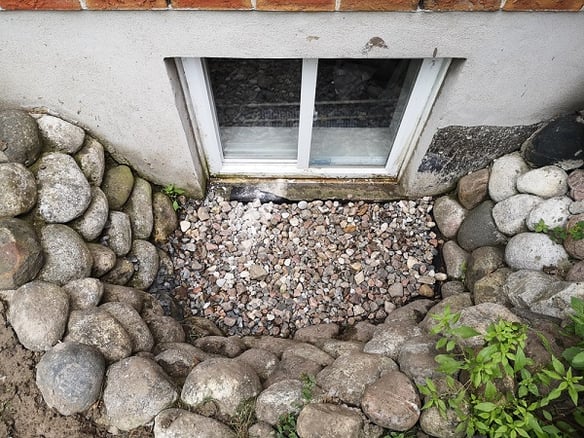
2. Maintain exterior sealing and caulking.
Weatherstripping and caulking around openings such as windows and doors can go a long way to stop water intrusion, but it's not a one-and-done kind of thing. Inspect problem areas annually and replace these seals routinely. This includes your windows and doors above ground. They can leak and carry water down into your basement behind your drywall. You can apply good quality waterproofing paint to your basement walls to prevent seeping moisture and mold growth.
3. Keep trees at a distance.
When you choose and plant trees around your home, do your research. Plan with invasive roots in mind. Certain types of trees can cause real problems with your plumbing infrastructure. Roots can crack concrete and plastic and restrict drainage, causing plumbing back-ups inside your home.

4. Check your yard's grade.
It's imperative that your grading is sloped down from your foundation to move any rainwater quickly away. If this is not addressed when the home is built, it may need to be remedied if you're experiencing water problems in your basement.
5. Set up water alarms.
Water alarms are inexpensive devices that can alert you through sound or a notification on your phone. They are great because they allow you to address water leaks around appliances and other flooding situations as soon as possible and prevent further damage even if you're away. To protect your home when you go on vacation, it's also a good idea to turn off your main water valve.
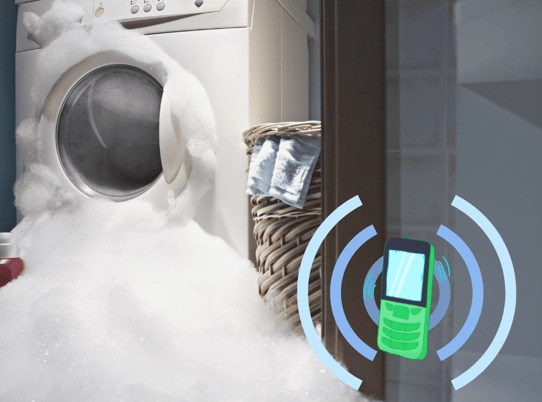
6. Install a sump pump.
Sump pumps collect extra water around and under your foundation and pump it away from your house. It's good to use an extender where the water also spills out! Purchase a sump pump with a backup battery as a failsafe in case the power goes out. Test it regularly by filling it with a bucket or two of water until it turns on to ensure it will work properly when needed.
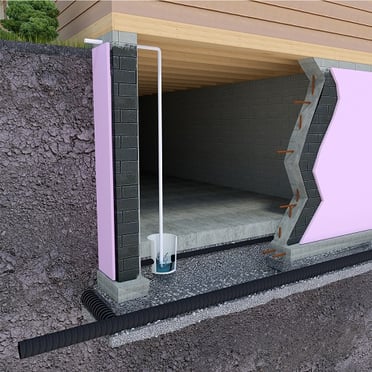
7. Consider a larger drainage system.
An interior or exterior drain tile solution is great for the most difficult problems but can be pricey. With an estimated cost of around $10k for the outside system and $5,000 for the inside, this may be a last-ditch solution when other less expensive tactics do not work. Always hire licensed and insured waterproofing or foundation contractors with good local referrals and get several opinions and estimates.
Water damage and Virginia homes
Virginia's heavy clay soil can be quite restrictive when it comes to draining efficiently around homes. Experts in the home waterproofing industry call this the "clay bowl effect." Built-up water creates hydrostatic pressure on the foundation, resulting in increased seepage, leaking, and flooding. This is another reason a sump pump is so helpful.
Virginia's hot and humid summer climate can also add to the challenges of recovering from basement moisture problems and water damage. That equals mold. It's important to control moisture levels and keep mold at bay to avoid costly mold damage. Whole-house humidifiers or even a portable humidifier in your basement can do wonders to help with the long-term effects of moisture and water problems.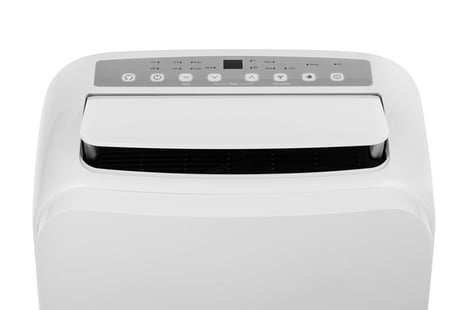
Northern Neck Insurance Inland Flood Coverage
Remember, your standard homeowner’s policy does not cover home flood damage, but we now offer Inland Flood Coverage that can provide added protection to homeowners, renters, or small farm policy:
- when inland waters, such as streams or rivers, overflow and partially or completely
inundate normally dry land - unusual, rapid rain accumulation, runoff, or snowmelt that doesn’t drain away or soak
into the ground - when water carries mud and becomes a mudflow
Contact your local agent for more information on adding Inland Flood Coverage to your NNINS policy.
We hope our tips help you prevent or conquer any basement flooding issue you may encounter. Above all, if you notice even intermittent water problems, promptly invest in identifying the source to avoid expensive water damage to your home. This can be tricky, so a water-proofing professional is your best resource!

